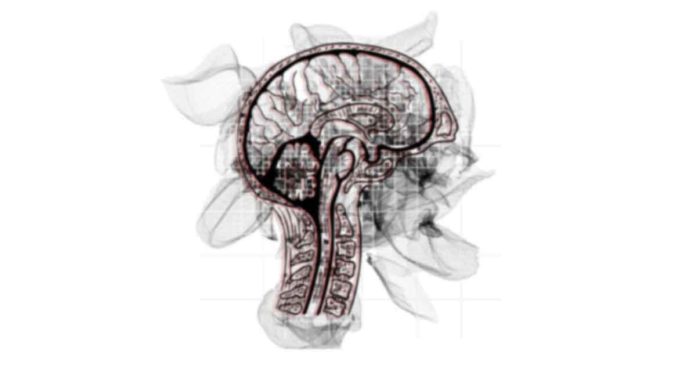Alzheimer’s-Disease is a disturbance of the brain. It causes many nerve cells in the brain to die. This impacts a person’s ability to remember things, think indisputably, and make decisions.
Experts don’t have an idea what causes the disease. Below, we look at the stages of AD and know how to take care of persons with the disorder.
Alzheimer’s disease has three stages: mild (often called beginning), moderate, and severe (sometimes called late stage). Understanding these stages can empower you to get ready.
Keep Reading!
In this article:
Mild Alzheimer’s disease
Moderate Alzheimer’s disease
Severe Alzheimer’s disease
Tips on communication
How to cope with personality changes
How to deal with sleep problems
Mild Alzheimer’s disease
In mild AD, people normally have some memory lapses and little changes in their behavior. They may forget current events or the names of conspicuous people or things. They may not have the ability to handle math problems. People with mild AD may slowly lose the ability to think and decide. For example, they may encounter trouble making decisions and finding things in the store.
Moderate Alzheimer’s disease
This is the middle period of AD. Memory loss and confusion become more prominent. People experience more trouble dealing with, following and sticking to rules. They may need support getting dressed and may start having issues with incontinence. This shows they can’t control their bladder and their other bodily functions.
People with moderate AD may encounter trouble seeing relatives and colleagues. They may not know where they are or what day or year it is. and furthermore may require judgment and may begin to wander, so people with moderate AD should not be left alone. They may end up restless and begin repeating tasks late in the day. Similarly, they may encounter trouble resting. Personality changes may surface out in this stage.
People with moderate AD may pose risks, be violent, kick, hit, bite, yell, or grab things.
Severe Alzheimer’s disease
This is the last period of Alzheimer’s and completes in the death of the person. Severe AD is called late stage AD. In this stage, people need help with all their consistent needs. They will not be able walk or sit up without help. and will not be able talk and consistently can’t recognize relatives. They may encounter trouble swallowing and won’t eat.
Tips on communication
Progression may even start before the stages. This suggests that various people think about how the disease is affecting their memory.
Here are tips on how to help someone with memory issues:
Set aside some time to listen. The individual may need to talk about the changes he or she is experiencing.Be as sensitive as possible.Don’t just address the individual each time he or she disregards something or says something odd. Try to understand that it’s a struggle on that person’s side
Be persevering when someone with AD encounters difficulty in finding the right words or expressing thoughts
Help the individual find words to express insights and assumptions.
Be careful so as not to put words in the person’s mouth or “fill in the spaces” too quickly.
As people lose the ability to talk indisputably, they may rely upon various ways to deal with their thoughts and feelings. For example, their faces may show harshness, shock, or frustration.
How to cope with personality changes
Here are a few ways to deal with changes in personality and behavior:
Keep things clear.
Ask or state one thing at a time
Have a consistently plan, so the individual knows when certain things will happen.
Promise the person that he or she is protected and you are there to help.
Try not to battle or attempt to sway the person.
Use redirections. Use music, singing, or moving to motivate the person.
Request help. For instance, say, “We should set the table” or “I need help with these clothes.”
Talk to the doctor about any bothersome or violent issues, for instance, hitting, chewing, depression, or hallucinations
How to deal with sleep problems
Evenings are hard for certain people with AD. Some may end up angry or restless around dinnertime. This irritability is known as “sundowning.” It may even be hard to move the person to bed and stay there. Here are a couple of tips that may help:
Help the individual practice sleeping habits each day, limit naps, and make the individual gets enough sleep around night time. Being too tired can increase late-night irritability.
Plan energetic activities during the day. For example, try washing in the morning or schedule the family dinner at lunch.
Limit the use of caffeine
Make the individual sleep at the same time each night
Set a quiet, serene environment around evening time to encourage the person to relax. Keep the lights low, reduce noise, and play calming music if the person wants to hear it.
Found this article interesting? Share it with others and spread the word.
Sign up to our newsletter and receive exclusive health tips and news straight to your inbox!




















